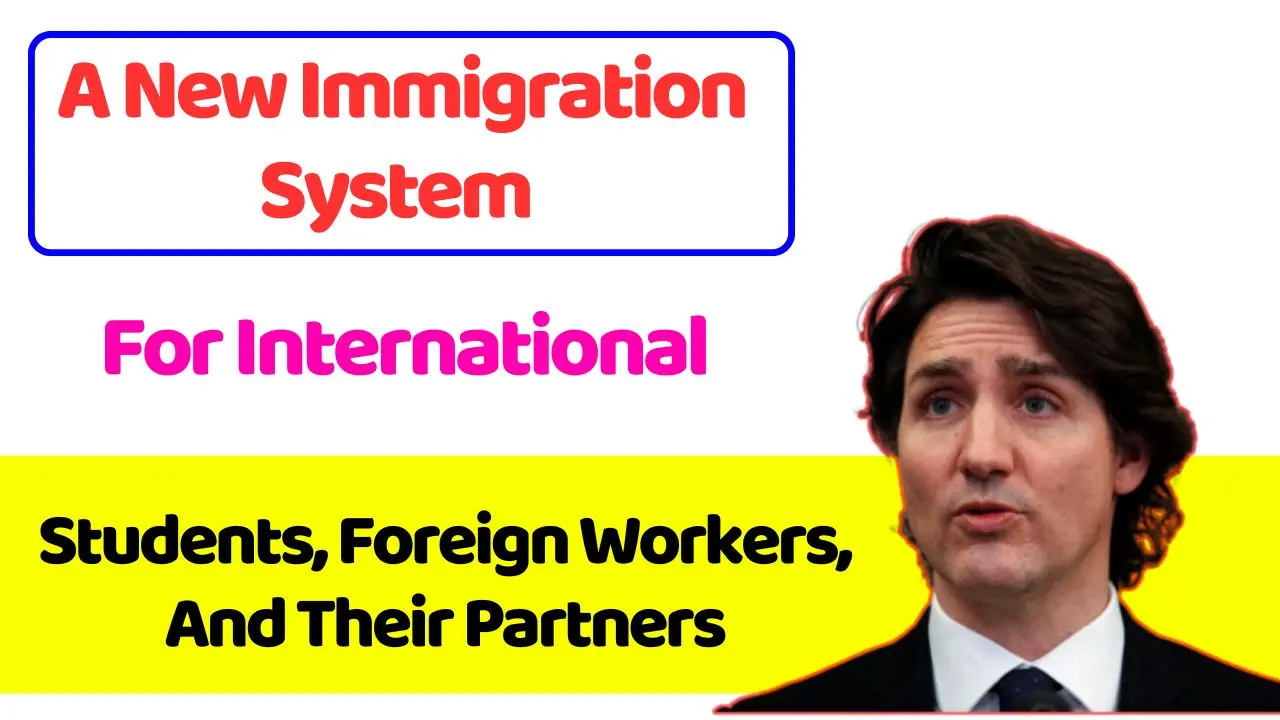On 19th September 2024, the Canadian government recently issued new rules regarding the immigration of the international students, employees, and their families. This plan is meant to cut the rate of work permits to 35% by 2024 besides releasing 485,000 new study permits.
New Targets and Reductions
The government foresights a downward revision of the target for the study permits by 10 percent for both targets in 2025 and 2026 and expects to issue 437 000 study permit in 2025. Furthermore, the overall limit of international students study permit following will be lowered more in 2025 and remaining constant in 2026 in order to do more for the accordance of the immigration system.
Amendments of Spouses’ Work Permits
A major change has been made on the issuance of work permits with the spouses of foreign workers and gate students in masters’ and doctoral degree programs eligible, albeit in a limited capacity.
In particular, starting from this academic year, only the spouses of the master’s degree students admitted into the programs that take 16 months and more will be granted work permits. Other dependents of foreign workers will also only be allowed if they are spouses of workers in the management and the professional shortage skill level.
Proposed Changes to the Post Graduate Work Permit Programme
The Post-Graduation Work Permit Program (PGWP) will also be revised starting this fall for immigration goals and labor market needs. To be eligible for the PGWP, the applicant must have a CLB score of 7 for the university graduate, whereas the college graduate will also be required to meet certain language standard from the November 1st onwards.
Students from public colleges will still be allowed to apply for a PGWP of up to three years if they are the nominated skilled workers in occupations facing permanent shortages in the Canadian market.
The government seeks to allocate 12% for the master’s and doctoral students since these groups exhibit the potential to enhance the Canadian labor market.The guest teachers’ movement highlights the broader issues of job security and support for contract employees within the education sector.
With ongoing negotiations and political maneuvering, the outcome remains uncertain, but the voices of these educators continue to resonate in their quest for regularization.
